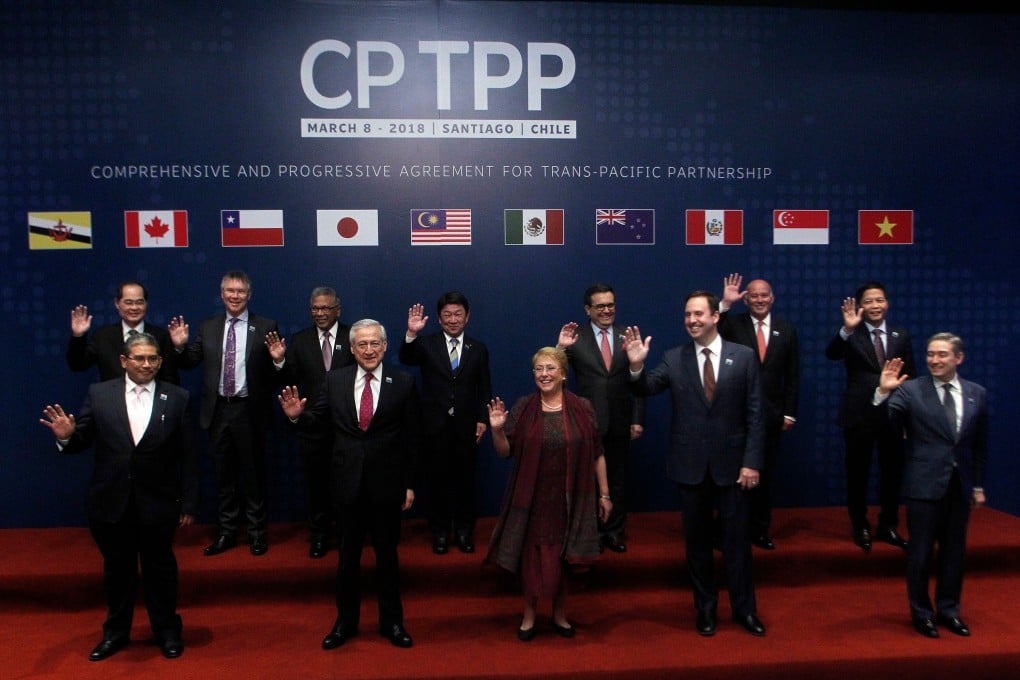Taiwan should join Australia in trans-Pacific trade bloc, Canberra told
- Including self-ruled island in CPTPP trade bloc would help Australia diversify supply chains away from mainland China after extended period of conflict
- Current state of Australia’s trading partners and activities ‘is so backward that it is embarrassing’, one expert says

Various Australia-based groups have submitted letters to a new Australian parliamentary inquiry looking into the merits of expanding the membership of the Comprehensive and Progressive Agreement for Trans-Pacific Partnership (CPTPP), which currently comprises 11 countries with a combined half a billion people.
“Maintaining an expansive trading relation is essential for diversifying risk, and inducing a predictable environment is crucial to mitigate risk,” said Michael Yeh, a Sydney hotel developer and commissioner of the Overseas Community Affairs Council, Republic of China (Taiwan). “The former is intuitive, and Taiwan and many other potential candidates may benefit the CPTPP in this [respect]; the latter requires rule of law and willingness to comply, and this may be where Taiwan distinguishes itself from the rest.
“Taiwan’s past record has shown that it has upheld its commitments in both bilateral and multilateral agreements.”
Helping Taiwan develop more options for trade diversification will only strengthen the liberal international order, to which both Australia and Taiwan belong
Yeh’s colleague, Janet Lin, associate adviser to the council and director of the World Taiwanese Chamber of Commerce in Australia, said exporters were missing out on direct trade opportunities with Taiwan as Australia’s bilateral free-trade agreement with China excluded Taiwan.